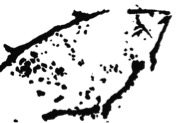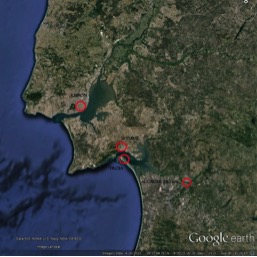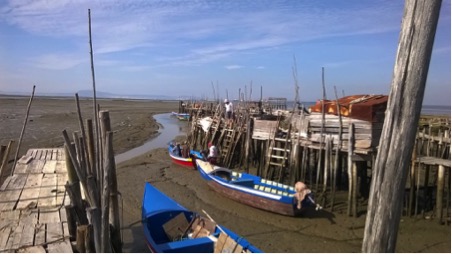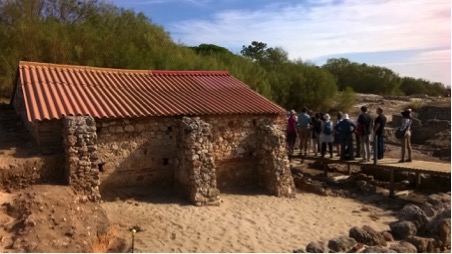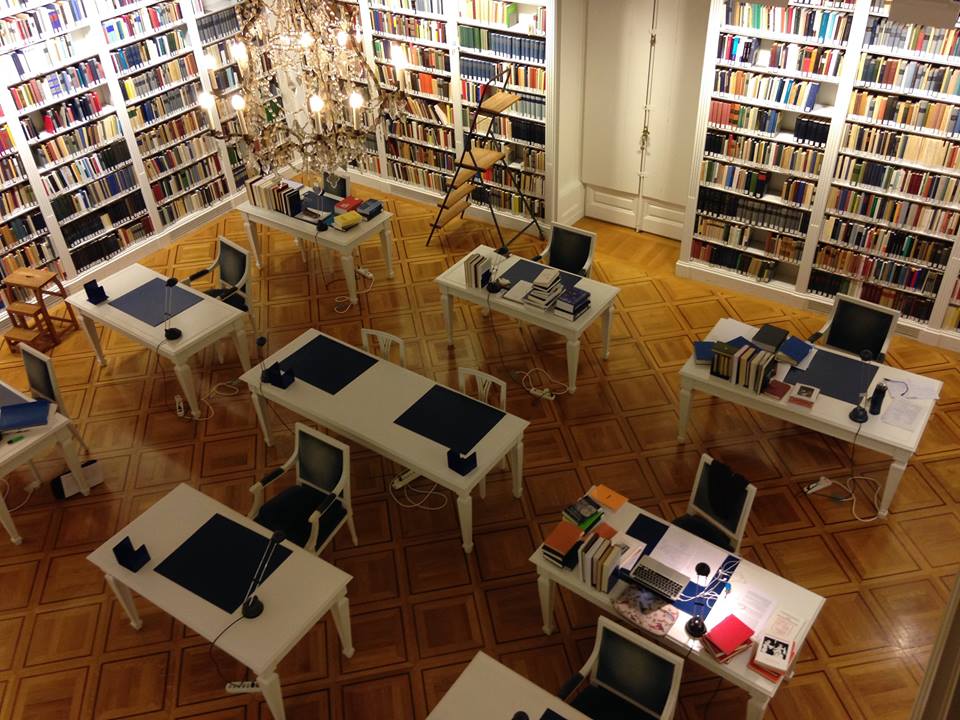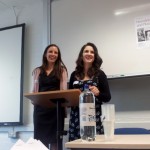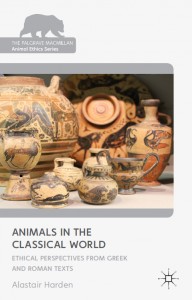The 15th Annual Meeting of Postgraduates in Ancient Literature 2020 University of Reading, Department of Classics
Monday 15th and Tuesday 16th of June 2020
The Department of Classics at the University of Reading is delighted to host the 15th Annual Meeting of Postgraduates in Ancient Literature (AMPAL) in 2020. The theme for this year is Fear in Ancient Culture.
This year’s AMPAL includes a tour of the Ure Museum of Greek Archaeology, our departmental museum founded by Percy and Annie Ure. In addition to the museum’s permanent display, we are proud to present two temporary displays: the British Museum’s Spotlight loan on the theme of Helen and Achilles: beauty, heroism & the fall of Troy, and an inaugural student exhibit, Fear Beyond Words.
We are delighted to announce that the AMPAL 2020 Keynote Speech will be delivered by Professor Fiona McHardy (University of Roehampton). The speech will be open to all university members and the general public.
Fear is a driving force behind human action that can push people to exceed their own expectations or prevent them from acting at all. As a powerful motivator and emotion, fear has a pervasive presence in ancient life and thought, which is also reflected in literature in multiple ways relating among others to motivation, social interaction and power dynamics. Furthermore, as early as Aristotle’s Poetics, fear had already been understood as a ruling force and a powerful notion even for the construction of literary genres, especially of tragedy. While evaluating the ancient literature as an integral part of understanding such a concept, the diverse influences of different fields of study, such as literary criticism, political theory, psychoanalysis, and philosophy, can add valuable insights.
In this context, AMPAL 2020 invites presentations on fear from literary or interdisciplinary approaches. Questions as to how fear can be defined, who, how and why, causes fear, how fear is related to other aspects of ancient thought, how the sense of fear grows or fades, how this notion forms the interaction among humans or between mortals and gods,
and the role of language in the creation of a fearful or fear-free context, are all considered to be substantial aspects of this year’s theme.
Suggested topics on fear may include, but are not limited to:
- Fear and literary criticism, meta-poetical or reception analysis
- Fear and other emotions; fear disguised as other emotions; fear and the sense of respect; fear and related notions and experiences; fear and the five senses or other body reactions
- Cognitive and behavioural approaches to fear, and emotions in general
- Fear and the manipulation of memory
- Fear and the construction of myth and heroic profiles or/and social or political identity
- Fear and power play; the control of political dynamics; the promotion of political agendas and ideas
- Psychoanalytical approaches to fear; gendered fear; fear as a significant aspect of rites; fear as anxiety
- Fear of the other (Orientalism, Amazons etc.); philosophical approaches to fear; fear and the fundamental existential questions
- Depictions and illustrations of fear in ancient art and material culture
- Aspects, perceptions and depictions of fear in late antique and early Christian literature and thought; reception of the ancient concept of fear in early modern literature
The Department of Classics at Reading invites postgraduates of every level to submit an abstract of 250-300 words for a 20-minute paper followed by 10-minute discussion by the 21st of February 2020. Abstracts should be sent as an unnamed PDF to readingampal2020@reading.ac.uk. Please include your name, university affiliation, programme and year of study in the body of your email and not in the abstract.
AMPAL 2020 is open to all undergraduate and postgraduate students in any relevant discipline as well as to the general public. Details on the registration fee, the conference dinner and other relevant procedures will be announced in due time. All welcome!
Further information on the exact location of the conference and other events attached to AMPAL 2020 can be found at its website.
Please keep an eye on AMPAL 2020 website and to AMPAL Facebook and Twitter for further announcements. Feel free to follow us on Facebook and Twitter and spread the word!




